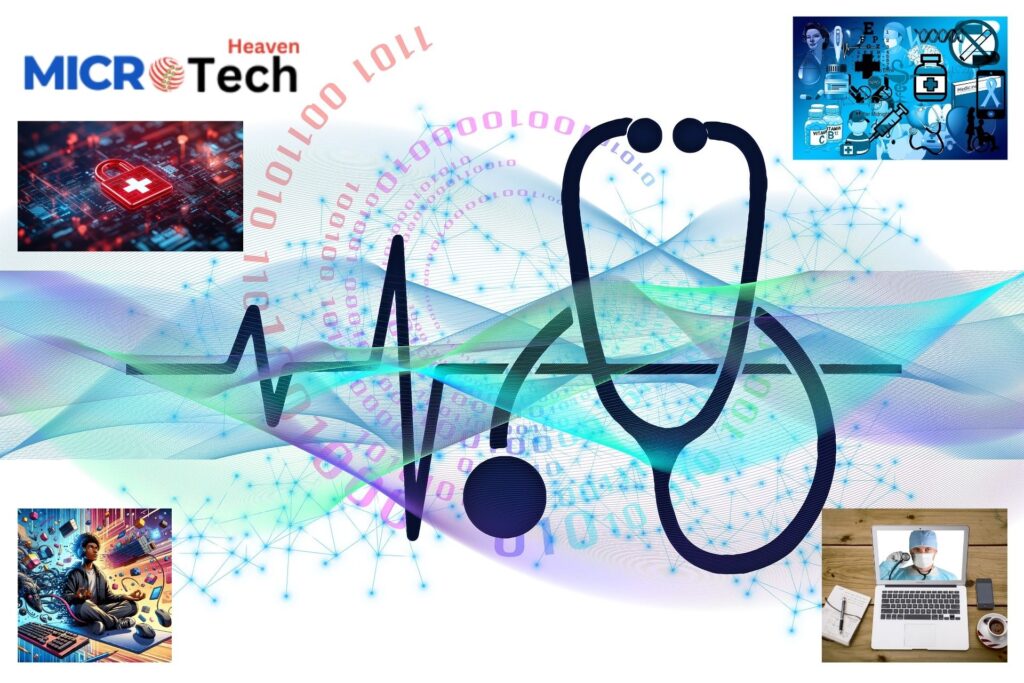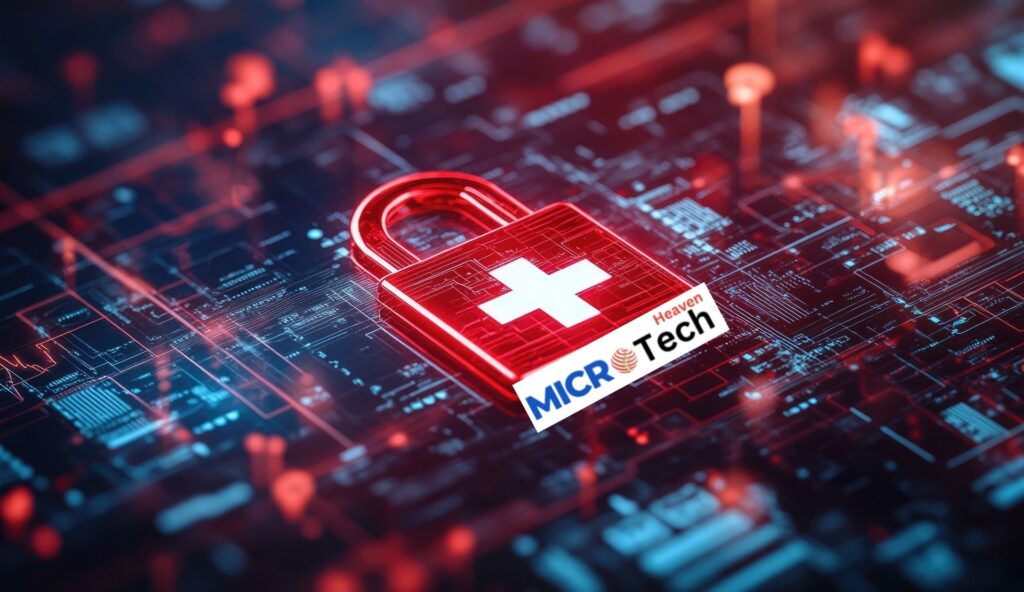Top 10 Emerging Healthcare Technology Trends for 2025
Healthcare is rapidly evolving, driven by cutting-edge technology and innovative solutions designed to improve patient outcomes and streamline processes. As we approach 2025, several trends are set to revolutionize the industry. These healthcare technology advancements not only promise better care but also reshape how providers and patients interact.
Here are the Top 10 Emerging Healthcare Technology Trends for 2025:
01. Artificial Intelligence (AI) in Healthcare
Artificial Intelligence (AI) continues to transform healthcare by enhancing diagnostics, personalizing treatments, and optimizing workflows. For instance, AI-powered algorithms can analyze medical images to detect conditions like cancer with greater accuracy than traditional methods.
How it works: AI uses machine learning models trained on vast datasets to identify patterns and make predictions. This capability reduces diagnostic errors and helps doctors make faster decisions.

02. Telemedicine and Remote Patient Monitoring
The COVID-19 pandemic accelerated the adoption of telemedicine, and it’s here to stay. In 2025, remote consultations and monitoring devices will be even more advanced, allowing doctors to provide care without geographical constraints.
Benefits:
Patients save time and money by avoiding travel.
Providers can monitor chronic conditions like diabetes using wearable devices.
Anecdote: A patient in a rural area used a telehealth app to consult with a specialist in a major city, receiving timely advice that saved their life.
03. Wearable Health Technology
Wearables like smartwatches and fitness trackers are becoming integral to healthcare. These devices now go beyond tracking steps to monitor heart rate, blood pressure, and even oxygen levels in real-time.
Popular Examples:
Step-by-Step Guide:
- Wear the device regularly.
- Sync it with your smartphone.
- Review health insights and share them with your doctor if needed.
04 Personalized Medicine
Thanks to advances in genomics and big data, treatments can now be tailored to individual patients. This approach, known as precision medicine, ensures that therapies are more effective and have fewer side effects.
05 Blockchain for Healthcare
Blockchain ensures the security and transparency of medical records. By decentralizing data storage, it reduces the risk of breaches and enhances patient privacy.
Applications:
Secure sharing of electronic health records (EHRs)
Transparent tracking of drug supply chains Learn more about blockchain in healthcare.
06. Robotics in Surgery and Patient Care
Robots are revolutionizing surgeries and patient care by enhancing precision and reducing recovery times. Robotic-assisted surgeries allow for minimally invasive procedures.
Example: The da Vinci Surgical System enables surgeons to perform complex operations with unmatched accuracy.

07. 3D Printing in Healthcare
3D printing is making waves in healthcare by creating custom prosthetics, implants, and even organs. This technology significantly reduces costs and improves patient satisfaction.
Example: 3D-printed hearing aids and dental implants are now commonplace, offering tailored solutions for individual patients. Explore the world of 3D printing in healthcare.
08. Digital Therapeutics
Digital therapeutics involve software-based treatments for managing and preventing diseases. These apps provide evidence-based interventions for conditions like diabetes and mental health disorders.
Popular Platforms:

09. Virtual Reality (VR) and Augmented Reality (AR)
VR and AR are reshaping medical training and patient care. VR simulations allow medical students to practice procedures in a risk-free environment, while AR aids surgeons by overlaying critical information during operations.
Anecdote: A surgeon successfully performed a complex operation using AR glasses that displayed vital stats in real-time.
10. Digital Healthcare Ecosystems
A unified digital ecosystem connects patients, providers, and payers. Platforms integrate EHRs, appointment scheduling, and billing, ensuring seamless experiences for all stakeholders.
Benefits: Reduced administrative burden. Enhanced patient engagement through mobile apps.
Example: The Epic Systems platform is widely used to manage hospital workflows.
Conclusion: Embracing the Future of Healthcare Technology
The future of healthcare technology is incredibly promising. From AI and telemedicine to blockchain and robotics, these advancements are transforming the industry. As these trends continue to evolve, they will make healthcare more accessible, efficient, and personalized.
Investing in these technologies not only improves patient care but also positions organizations as leaders in the healthcare revolution. Are you ready to embrace the future of healthcare?
FAQ
Q: Which technology will be in demand in 2025?
The most popular technology expected to remain in high demand in 2025 is Artificial Intelligence (AI).
Q: What are the top emerging technologies in healthcare?
Machine Learning (ML) has emerged as the most influential technology in healthcare.
Q: What is the newest medical technology in 2025?
AI-powered clinical documentation tools have gained significant popularity in the medical field.


